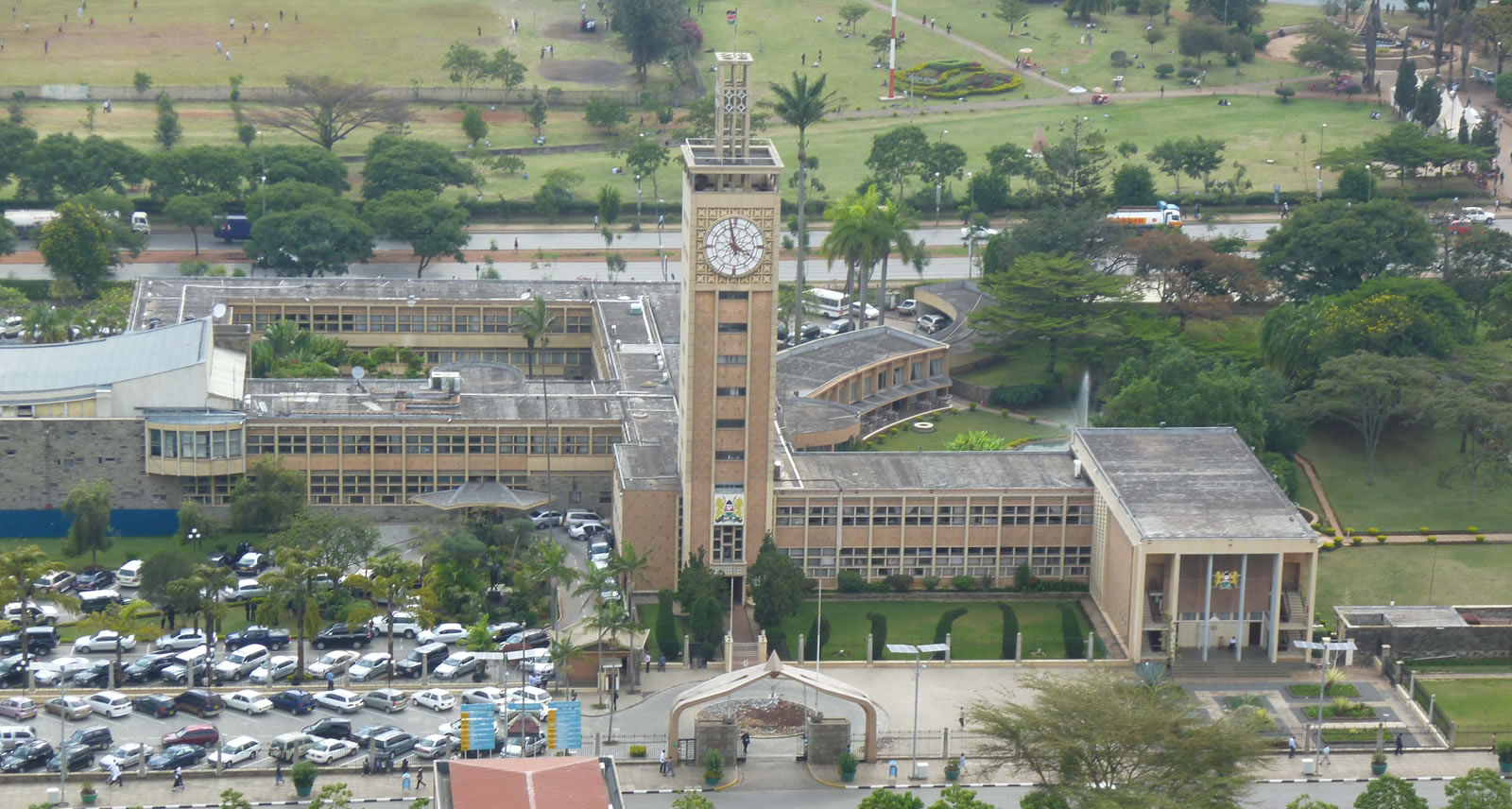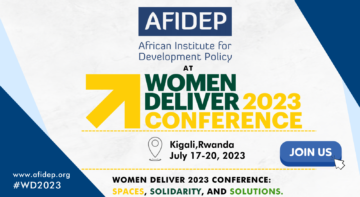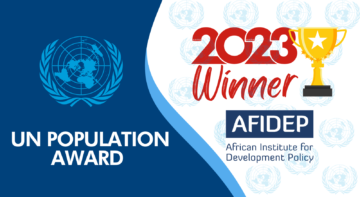News

We would like to announce an exciting new programme of work that has been funded by the Hewlett Foundation to increase the use of evidence in integrated development planning and parliamentary processes in Africa. The programme, whose implementation started in October 2015, is building on lessons from our past work to improve uptake of research evidence in decision-making processes in government ministries and parliaments in Africa.
Enabling increased evidence use in integrated development planning
This new programme has two main components. The first component aims to enable increased evidence use in integrated development planning in Africa. This component builds on our ongoing ground-breaking work that is conducting rigorous modeling and forecasting to provide African governments with advise on the investment options they need to make in order to harness sizeable demographic dividends. Part of this programme involves a partnership with the UNFPA East and Southern Africa Regional Office (ESARO) to provide technical support on the demographic dividend to the 23 African governments in the region. In this new programme, we are building on this work to implement innovative interventions that will increase African governments’ uptake of evidence on the demographic dividend in decision-making processes, with particular focus on enabling countries to develop and own national roadmaps for harnessing the demographic dividend and incorporating evidence on demographic dividend in their integrated development planning processes.
Assessing effectiveness of interventions that seek to enable increased evidence use in African parliaments
The second component of the programme aims to assess the effectiveness of parliamentary networks in enabling increased evidence use in debating and other decision-making processes in parliaments in Africa. The assessment will draw important lessons on whether or not national and regional parliamentary networks present an opportunity for increasing evidence use in parliament decision-making process in Africa. Under this component, we are working with a recently formed Parliamentary Caucus on Evidence-Informed Oversight and Decision-Making (PC-IEDM) in Kenya to champion increased evidence use by tackling some of the institutional barriers to evidence use in parliament as well as sensitizing parliamentarians on the need for them to deliberately focus on using evidence or challenging their peers to use evidence. Currently, the Caucus has about 20 member MPs who are championing its activities in the Kenyan parliament.
In addition, we are also working with a regional parliamentary network, the Network of African Parliamentary Committees on Health (NEAPACOH), first, to assess its effectiveness in enabling increased evidence use in member committees, and two, to use the lessons from this assessment to improve the network’s strategies in enabling increased evidence use by member committees across Africa. NEAPACOH has a membership from 21 African countries.
Two-year programme
This is a two-year programme, running from October 2015 to September 2017. The programme had a 3-months inception phase between July-October 2015, during which we focused on setting up internal structures and initiating some partnerships for its implementation.
Related Posts





